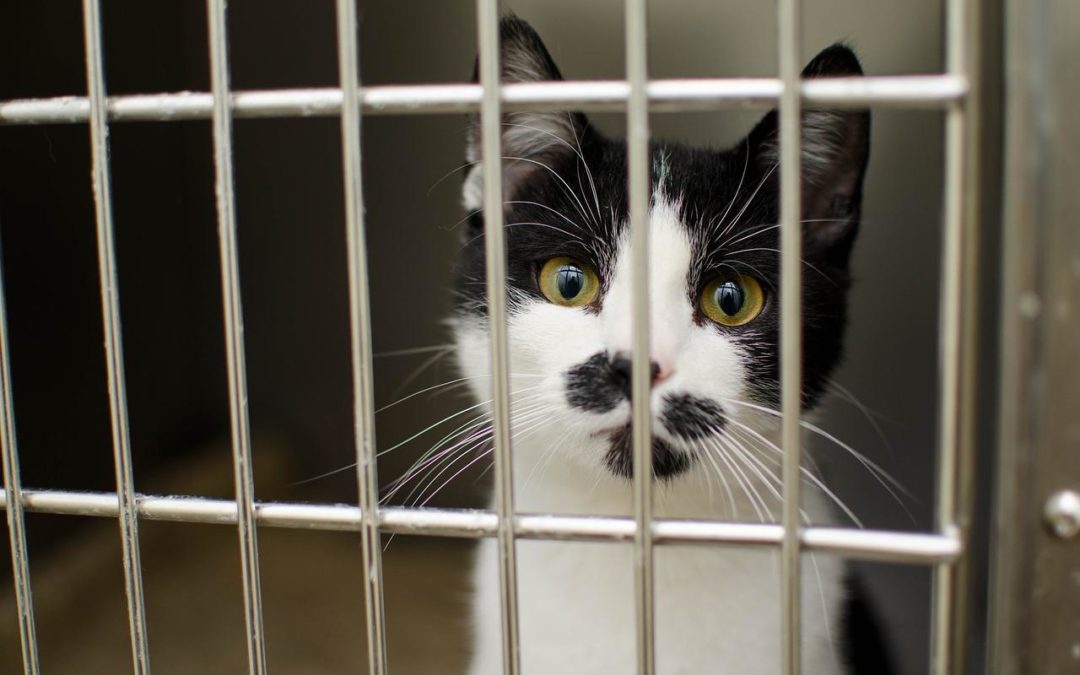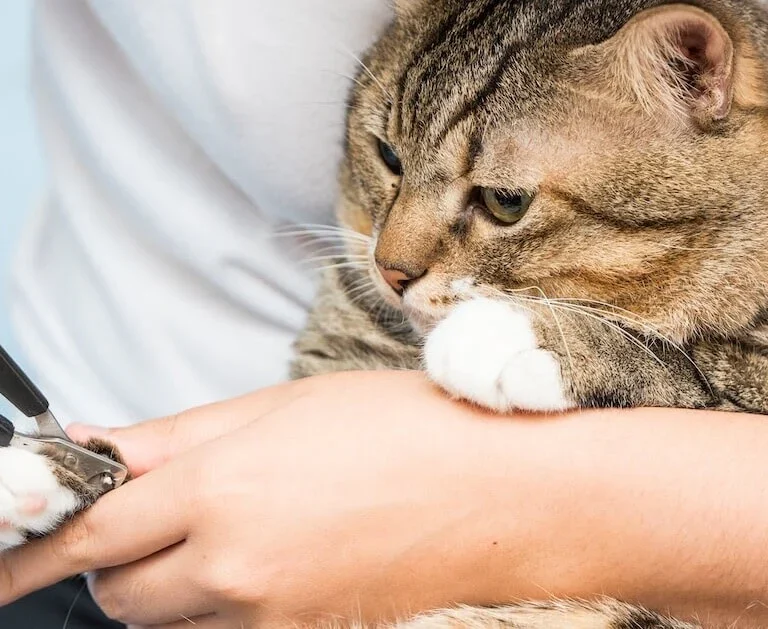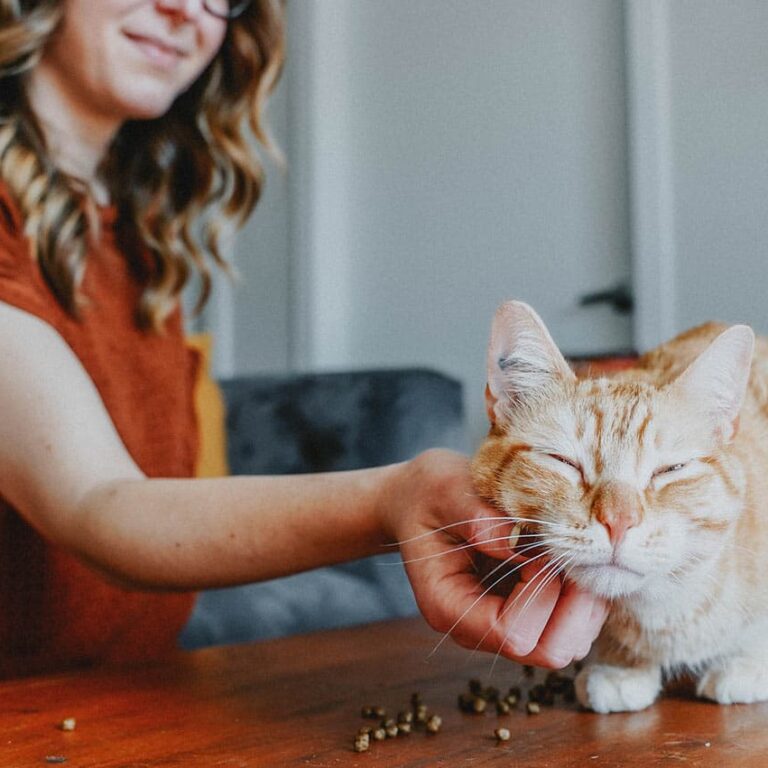How to comfort a newly adopted kitten?
Their caregivers must be patient, understand, and have realistic expectations. They also require daily attention from their caregivers and exposure to interactive toys.
The shelter may have been a traumatizing place for them, and they must adapt to their new environment. This includes keeping all cleaning supplies, medications, and other potentially dangerous items out of reach, untangling the electrical cords on the floor, and blocking any access to areas that could pose dangers.
Create a safe room
It is possible that your new cat will spend the first 24 hours exploring its new surroundings, seeking comfort and familiarity. It is normal for an animal to react this way after spending time in a shelter, where things may have drastically changed.
As soon as your new cat arrives, immediately take her to the room that you’ve designated for her. The room should be quiet, closed off from noise outside and have an adjustable door which can be locked. Include toys, play equipment, and water (the same food she ate at shelter), as well as a litter box and scratching posts.
Be careful at this stage not to disturb her exploration of the space with loud noises or sudden movements. These could scare her and cause her to retreat into hiding. You can leave her alone if she appears comfortable in the room for a short time without interfering if you do not feel it is necessary.
You can slowly let your kitten explore the rest of your home after she has settled down. Just make sure she can always return to her safe space if she gets scared.
Introduce the Kitten To You
It’s important to “kitten-proof” the environment for the new kitten during the first few weeks. You should make sure that there are no plants or live charger cables for the kitten to eat. Make sure her bed, food dishes and litter box are all easily accessible. Introduce new areas to their lives gradually through visual contact and supervised visits, while returning the transition space for comfort.
Kittens need to be taught that humans are not scary. This can be done by massaging their bodies and heads, giving them treats and encouraging the kittens to come up to you during mealtimes. This process should only be done after the child has eaten. Otherwise, they may become stressed.
To introduce the scents of each cat to one another in a safe way, rub their blankets together and swap bedding or food bowls. To encourage your kitten to scent the other cat, pet behaviourists suggest using a towel from an older cat (with its scent).
Give Kittens Food
Regularly feeding your kitten will help you build trust and create a relationship that can last a lifetime. Kittens may become upset when they hear loud noises, such as your voice. Feeding her in a secure environment will allow her to build trust.
Kittens require milk for proper development and health. So, give them additional supplemental food through a feeding bottle until they are old enough to switch over to canned cat food. (They should automatically wean themselves off when the nursing begins to chew on their nipples. Make sure to feed your kitten a high-quality canned food that is specifically designed for kittens.
You can make your own kitten food if you cannot find a specific brand. Use canned milk, cooked meat (such as beef, chicken or pork) and avoid raw meat, which may contain harmful bacteria.
You should give your kitten some fruits and vegetables every day, like cooked carrots or broccoli, but avoid any fruits with pits. Apples are particularly toxic for kittens. Cooked catfish, trout or salmon is a great way to provide extra nutrition for your kitten.
Let the Kitten sleep
As kittens, they spend 90 percent of the time asleep. This allows them to grow and develop their senses. As kittens mature, their sleep patterns will begin to match ours, and they’ll need less sleep overall.
The ideal place for your kitten to sleep is close to you, so that they can feel safe and secure in their new home. The scent of their mother also helps them to relax and feel more at ease.
It’s important to remember that your kitten may need some time to get used to its new environment and to fall asleep on their own. Visitors should be kept to a minimum at this stage so that your cat does not feel overwhelmed by its new surroundings. Close the door and remove any hazards from their room to ensure it is a safe place.
Your kitten will likely meow a lot during the first night in their new home. This is normal, and can only happen if your kitten feels they are not getting enough sleep. Playing with your cat in the evening can keep him entertained and reduce his meowing. Herbal supplements can also help with sleep. Consult your vet before considering supplements.







